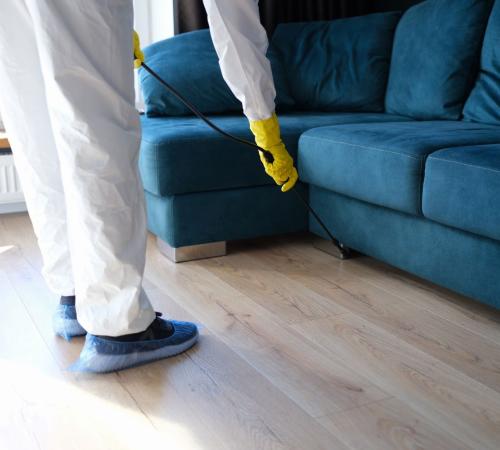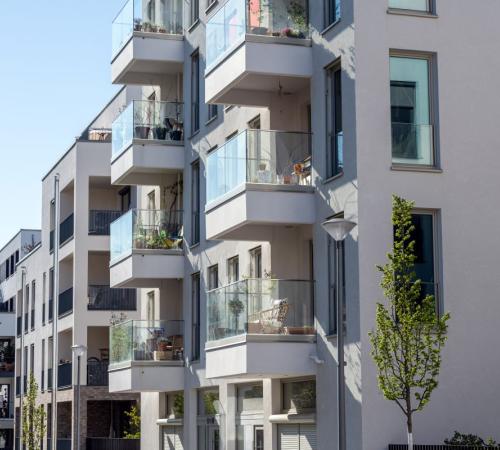

Can landlords store their own items in sheds and garages?
It’s generally best practice for landlords to remove any personal items that are not useful or relevant to tenants before the tenancy begins. This ensures that the property is clean, clutter-free, and ready for the new occupants. It also helps avoid any potential confusion or disputes about the use and care of those items.
Anything that landlords do leave for tenants should be in good working order and listed in the check-in inventory and schedule of conditions. Including everything in the inventory, and obtaining tenants’ approval and signature within 14 days of the tenancy starting, can ensure that any items left by landlords at the rental property are accounted for.
Can you charge more for properties with sheds and garages?
How much you can charge for your rental property depends on various factors. However, garages and sheds can enhance the value of rental properties, allowing landlords to increase the rent if these features are included. The size of these units can also influence the monthly rental fees set by landlords, as can their location and condition.
It’s best practice for landlords to maintain sheds and garages in a reasonable condition. This includes ensuring they are clean, structurally sound, weatherproof, and clutter-free. A well-maintained, empty or nearly empty shed or garage can also be more appealing to tenants.
Advantages of sheds and garages for tenants
Renting a property with garages and sheds can offer numerous benefits for tenants, including:
- Extra storage space: Whether it's tools, outdoor furniture, or bicycles, the additional storage space allows tenants to keep their items out of the way.
- Secure parking: For tenants who drive, a garage offers a secure place to store their vehicle, helping to protect it from vandalism and theft.
- Potentially lower car insurance: Garages can also lead to cheaper car insurance for tenants with vehicles, as some insurers offer lower premiums due to the reduced risk of theft and damage. However, this isn't guaranteed.
- Home gym: Tenants without a vehicle can utilise the extra space in a garage to set up a home gym. This allows those who prefer exercising at home to create a personalised fitness area, promoting an active lifestyle.
Maintenance of sheds and garages
Like any part of a home, sheds and garages require regular maintenance to keep them in top condition. This includes:
- Regular cleaning: A clean space is less likely to attract pests and helps prevent damage to stored personal items by reducing dirt and moisture. Additionally, for landlords, maintaining clean garages and sheds can enhance the property's appearance, making it more appealing to potential tenants.
- Roof repairs: The roof of your garage and shed is constantly exposed to the elements, which can lead to deterioration over time. This can cause issues such as leaks if not properly maintained. Many landlords include regular checks to ensure the roofs are in good condition and not at risk, thereby protecting all contents, whether they belong to the landlord or tenant.
- Pest control: Garages can become infested with rodents, insects, or spiders. To manage this, you can seal entry points with caulk or weather stripping, eliminate unnecessary clutter that can attract pests, and avoid storing food unless it's in an airtight container. If you discover pests in your garage, consider hiring professionals to address the issue.
- Security measures: Consider installing shed alarms that respond to movement and door contact, emitting a siren to alert you of disturbances. Additionally, you can use high-quality padlocks and ensure door hinges are not easily removable. For your garage, you can upgrade to a sturdy steel side-hinged door, install external garage door locks, and add motion-activated lights to deter trespassers.
Legal and safety considerations
Under Section 11 of the Landlord and Tenant Act 1985 (external link), landlords are legally required to maintain the property's structure and exterior, including the garage.1 This obligation encompasses necessary repairs to the roof, walls, and doors, as well as addressing any leaks. Regular inspections can help landlords identify and address potential issues early on.
Disclaimer:
Managing rental properties is a complex business. At Hiscox, we want to see your investments thrive. Our articles offer insights into property management and landlord best practices. But these articles aren't professional advice. To find out more about a subject we cover here, please seek professional advice.






